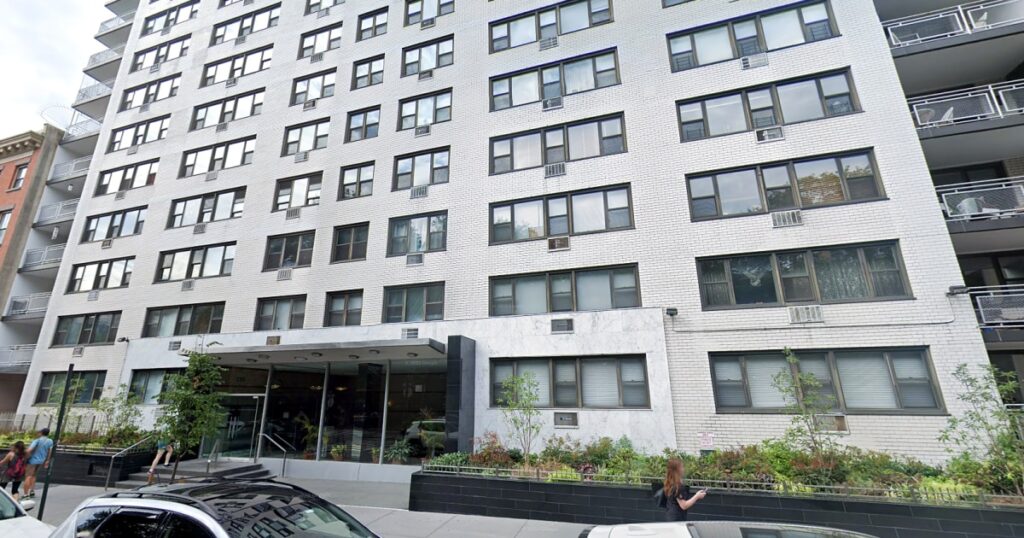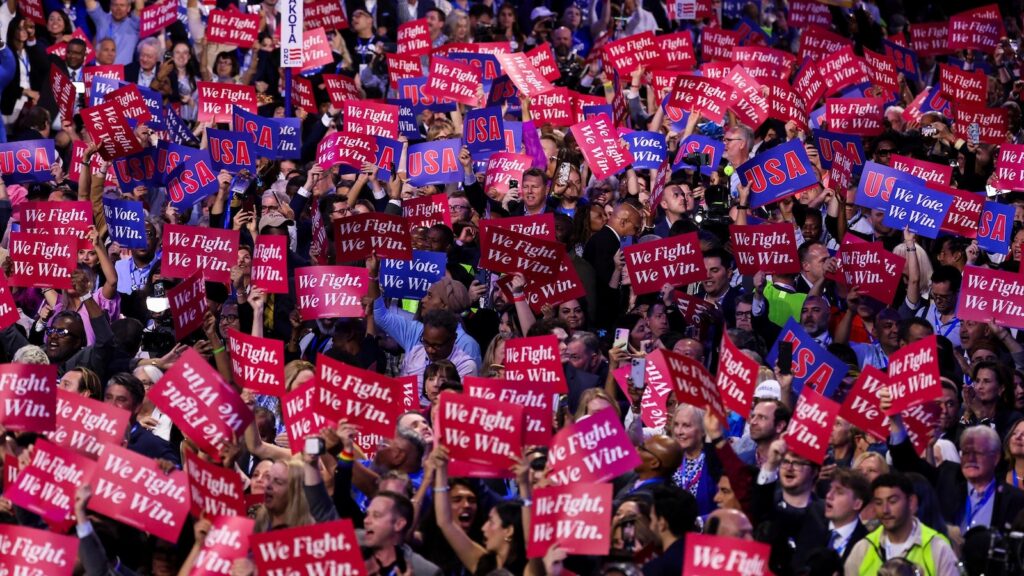By
The Supreme Court on Monday granted the Trump administration’s emergency request to end deportation protections for hundreds of thousands of Venezuelan migrants. The administration had asked the justices to lift a federal judge’s order that blocked Homeland Security Secretary Kristi Noem from terminating Biden-era protections.
Justice Ketanji Brown Jackson noted her dissent from the order that blocks the lower court judge’s ruling pending further litigation.
“The Temporary Protected Status (TPS) program implicates particularly discretionary, sensitive, and foreign-policy-laden judgments of the Executive Branch regarding immigration policy,” U.S. Solicitor General John Sauer wrote in a May 1 application. He said the district judge “wrested control of the nation’s immigration policy away from the Executive Branch” and imposed the judge’s own foreign policy views.
When he ruled against the administration, U.S. District Judge Edward Chen called Noem’s move “unprecedented” and said it was apparently “predicated on negative stereotypes.” The Obama-appointed judge said Noem’s actions threatened to “inflict irreparable harm on hundreds of thousands of persons whose lives, families, and livelihoods will be severely disrupted, cost the United States billions in economic activity, and injure public health and safety in communities throughout the United States.”
Chen said the plaintiffs showed they’d likely succeed in demonstrating that Noem’s actions are illegal and “motivated by unconstitutional animus.”
On the flipside, the San Francisco-based judge said the government failed to show “any real countervailing harm in continuing TPS for Venezuelan beneficiaries.”
In his high court application, Sauer said Chen relied on “a pastiche of out-of-context ‘evidence’ that raises no plausible inference of racial animus.” He said Chen’s “spurious theory” could apply to “virtually any immigration-related initiative of the Trump administration, and it ignores the Secretary’s reasoned policy determination justifying the decisions at issue here.”
The U.S. Court of Appeals for the 9th Circuit declined to lift Chen’s order, prompting Sauer’s application to the Supreme Court. It was one of several emergency appeals by the administration in Trump’s second term to undo lower court orders that block what judges have found to be illegal moves in carrying out the president’s agenda.
Opposing the government’s emergency request, lawyers for TPS beneficiaries said there’s no emergency. They noted that litigation is proceeding in the lower court and that it’s not an emergency because the government can’t implement its policy immediately. On the other hand, they said lifting Chen’s order “would cause far more harm than it would stop” and “radically shift the status quo, stripping Plaintiffs of their legal status and requiring them to return to a country the State Department still deems too dangerous even to visit.”
An amicus brief from immigration law scholars told the justices that the government’s argument for unreviewable executive discretion in this area “is inconsistent with the history of the TPS statute, which arose as a response to pre-existing discretionary practices.”
This litigation is separate from lawsuits over Trump’s invocation of the Alien Enemies Act to summarily deport alleged Venezuelan gang members. On that issue, the Supreme Court ruled against the administration on Friday, telling it that more notice is needed for people to challenge their removal under the act.
Subscribe to the Deadline: Legal Newsletter for expert analysis on the top legal stories of the week, including updates from the Supreme Court and developments in the Trump administration’s legal cases.




